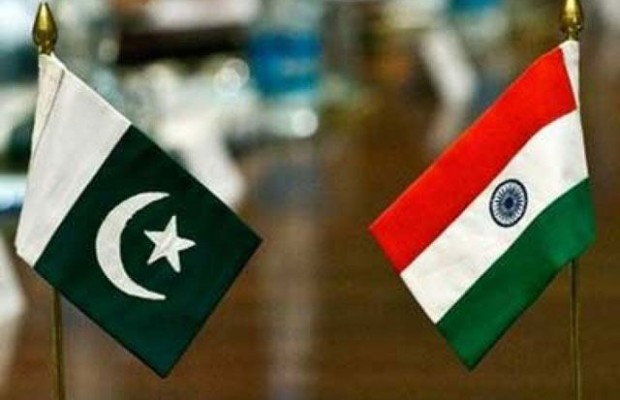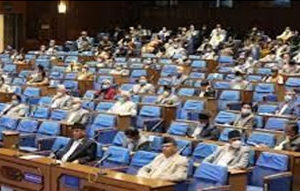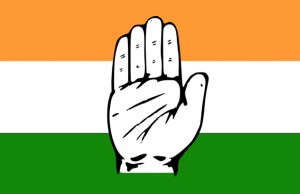INDO-PAK NSA TALKS

Addressing mediapersons, MEA spokesperson Vikas Swarup said that India has always maintained there are only two stakeholders in our relationship not three, hinting at Pakistan’s engagement with separatists. “Unilateral imposition of new conditions and distortion of agreed agenda cannot be the basis for going forward,” said Swarup, indicating that the talks could be called off.
“In Ufa both PMs agreed on a meeting of NSAs to discuss all issues connected to terrorism. Instead we saw a sharp increase in unprovoked firing from Pakistan side and some serious cross border terror incidents. India remains committed to discussing issues with Pakistan bilaterally and peacefully,” Swaroop was quoted as saying.
He added, “The statement by Pakistan government on NSA level talks with India has not come as a surprise for us. Pakistan’s position indicates reluctance to go forward.”
“What is the force that compels Pakistan to disregard agreements reached by two elected leaders?” questioned the MEA, referring to the agreement between Prime Minister Narendra Modi and Pakistani premier Nawaz Sharif in Ufa, Russia in July.
The Indian High Commissioner in Islamabad on Friday conveyed New Delhi’s advice that Pakistan NSA Sartaj Aziz should not meet Hurriyat leaders during his visit to India. In response, Pakistan Foreign secretary conveyed to the Indian high commissioner that it would not be possible for Pakistan to accept the advice.
The Pakistan government statement read that it had proposed a comprehensive agenda reflecting the “broader understanding in Ufa” that all outstanding issues, including Kashmir and terrorism would be discussed between the two countries.The statement followed a top security meeting in which Pakistan Prime Minister Nawaz Sharif reportedly said that there would be no stepping back on Kashmir.
The invitation by the Pakistan High Commission to hardline leader Syed Ali Shah Geelani and other separatist leaders including Umar Farooq to meet Aziz had upset New Delhi but Pakistan stuck to the line that such meetings were “routine”.
With both New Delhi and Islamabad hardening positions ahead of the Sunday meeting between their respective National Security Advisors, a shadow was cast early in the day on revival of bi-lateral dialogue between the neighbours.
Though Pakistan Foreign office had said in Islamabad that consultations with Hurriyat leaders were a “routine matter” and a “long standing practice”, the Pakistani invitation was seen as yet another ‘’provocation” by Indian side came after persistent ceasefire violations.
US may trim aid to Pak, claim reports
Pakistan’s bottomfeeding on American aid is about to end unless it ends its policy of covertly using terrorism to extend its frontiers, the Obama administration has conveyed to Islamabad, amid indications that the US is also making Prime Minister Nawaz Sharif’s proposed visit to Washington conditional to meeting this objective.
A key administration official on Thursday said there has been no announcement about a Sharif visit to Washington in October although the trip had been widely reported in the Pakistani media.
“This is news to me. We have not made any statements about that (Sharif’s visit to Washington),” Peter Lavoy, special assistant to the US president and senior director for south asian affairs at the national security council of the White House, said, “If it is pakka (final) you would be the first to hear.”
The change of heart – or at least holding back the announcement – of the visit comes after the administration conveyed to Islamabad that it will not certify the effectiveness of Pakistan counterterrorism operation to Congress.




You must be logged in to post a comment Login